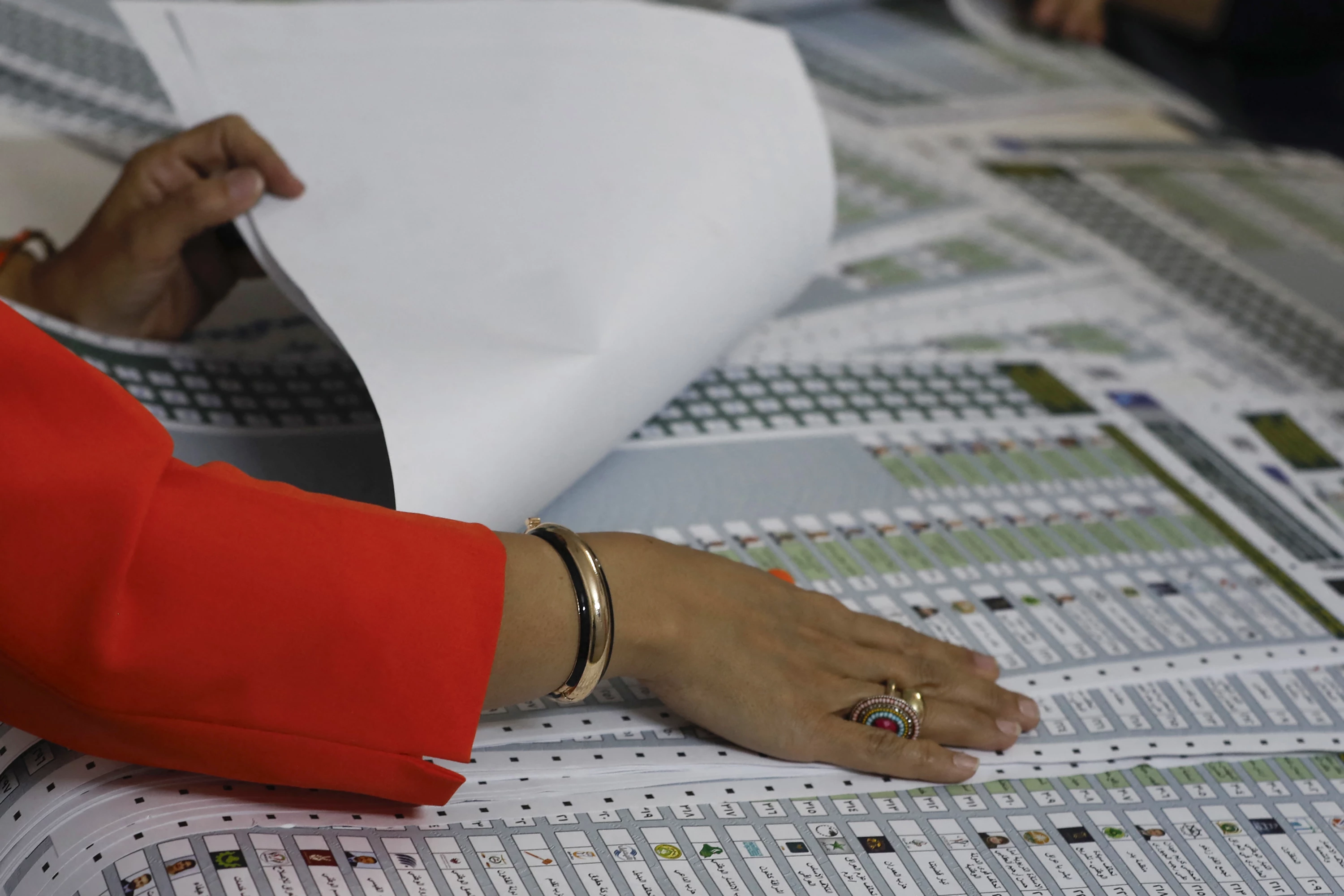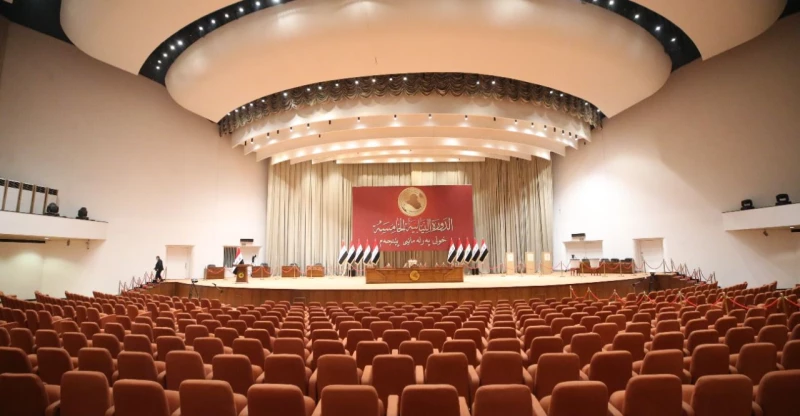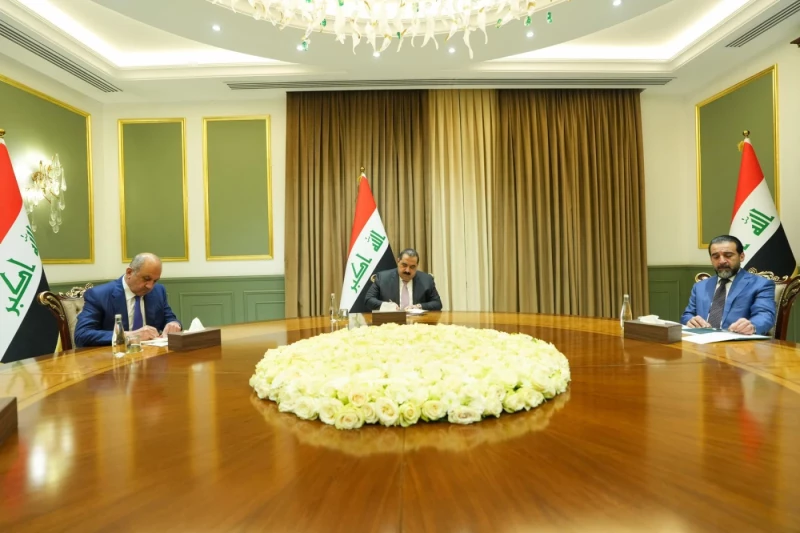ERBIL, Kurdistan Region of Iraq - Iraq’s Independent High Electoral Commission (IHEC) on Wednesday announced the results of the parliamentary elections for all 19 provinces in the country.
In Erbil the Kurdistan Democratic Party (KDP) came in first with 369,118 votes, the Patriotic Union of Kurdistan (PUK) second with 97,301 votes, and the Halwest Movement third at 63,288 votes.
The KDP also came in first in Duhok with 413,698 votes, the Kurdistan Islamic Union (KIU) second with 72,959 votes, and the Halwest Movement third at 18,314 votes.
Results for Sulaimani showed the Patriotic Union of Kurdistan (PUK) in first place with 241,022 votes, the Halwest Movement in second with 75,376 votes, and the New Generation Movement (NGM) in third at 69,752 votes.
The disputed territory of Kirkuk in northern Iraq saw the Patriotic Union of Kurdistan (PUK) in first place with 178,629 votes, the Taqadum Party in second with 107,016 votes, and the Iraqi Turkmen Front in third at 66,175 votes.
Iraqi Prime Minister Mohammed Shia al-Sudani’s Reconstruction and Development Alliance came first in the country. Sudani said his coalition will serve all components of the country, “including those who boycotted.”
Baghdad’s race was led by Reconstruction and Development with 411,026 votes, followed by Taqadum with 284,190 and State of Law with 228,224.
The visualization below shows the top three parties across all the provinces
This year’s elections saw a turnout of 56.11 percent, according to the Independent High Electoral Commission (IHEC).
Iraq’s supreme court must now ratify the results to make them final. The parliament must then hold its first session within 15 days.
During the first session, the representatives elect a speaker, a post that traditionally goes to a Sunni Arab. Within 30 days of the first session, the parliament must also elect a president for the country, which is reserved for Kurds.
The president then must task the largest parliamentary bloc with the formation of the Council of Ministers within fifteen days of his or her appointment, with the prime minister-designate being replaced by the president if the cabinet fails to be formed in a timely manner.
"The prime minister-designate shall present the names of his members of the Council of Ministers and the ministerial program to the Council of Representatives. He is deemed to have gained its confidence upon the approval, by an absolute majority of the Council of Representatives, of the individual Ministers and the ministerial program," the Iraq embassy in Washington explains on its website.
Baghdad has often failed to honor the constitutional frameworks, as disagreements between rivaling blocs hinder the process, resulting in long delays and, at times, unrest in the country.
Iraq concluded its sixth parliamentary elections on Tuesday evening at 6:00 pm, in which nearly 7,750 candidates competed for the Iraqi legislature’s 329 seats.
Of a total of some 20 million eligible voters, 12,003,143 people participated in the vote, including Sunday’s early vote, the commission added.
Iraq’s Tuesday general elections followed an early polling of the country’s security forces and special populations on Sunday.
Over 1.3 million members of the security institutions and over 26,000 internally displaced persons (IDPs) were eligible for early polling. The early elections had a voter turnout of 82 percent.
More than 185,000 security personnel have been assigned to secure the polling stations across Iraq for the parliamentary elections.



 Facebook
Facebook
 LinkedIn
LinkedIn
 Telegram
Telegram
 X
X


